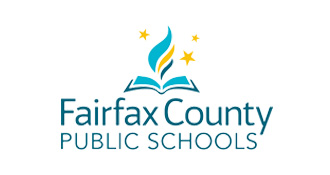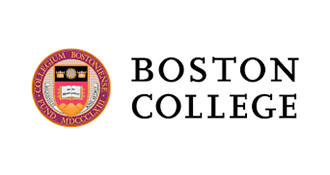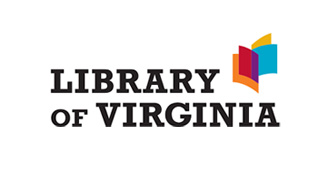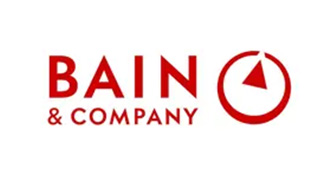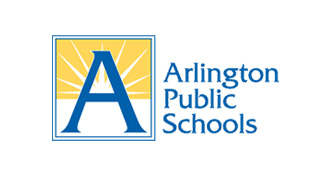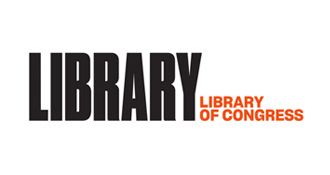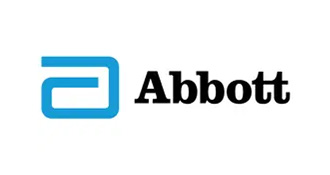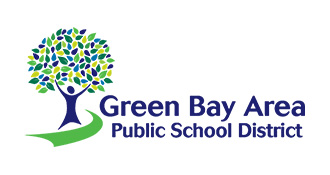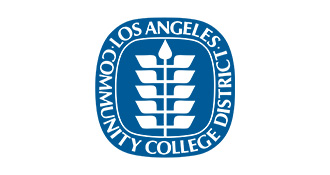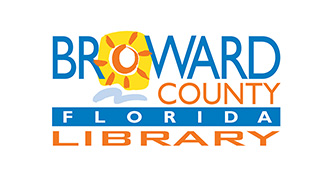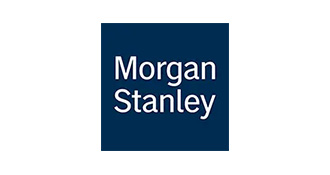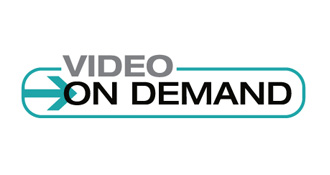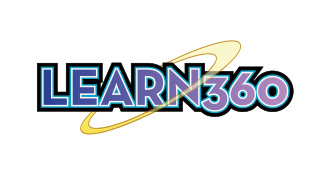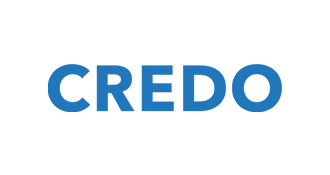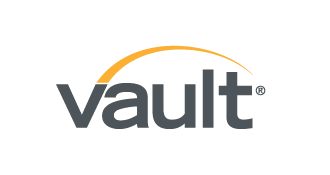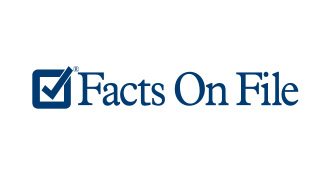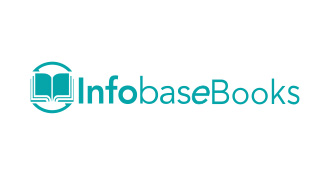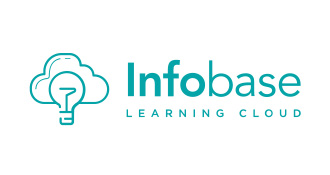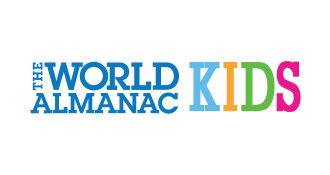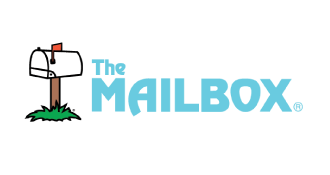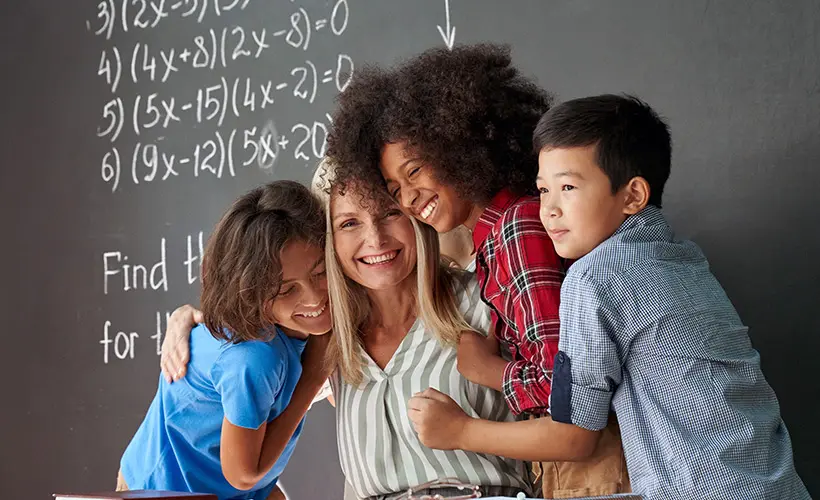POWERING INFORMED DECISIONS
Trusted resources that spark
information literacy & drive lasting success
45% of undergraduate students demonstrated information literacy proficiency.
Only 23% of Americans can demonstrate high AI knowledge.
47% of students are not confident or only somewhat confident that they know how to get a job after college. Only 24% of students have tapped career centers.
39% of teens have received news literacy education, while 94% believe it should be mandatory.
25% of U.S. 8th-grade students did not reach the lowest proficiency level (Level 1) for computer and information literacy.
81% of recruiters rank the ability to analyze and interpret data as crucial skills for graduates.
Why Infobase?
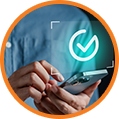
Trusted, high-quality content
Our award-winning resources are backed by expert research and built to support life-long success. From primary sources to professional development tools, everything we offer is high quality, credible, and organized to align with defined standards and expected outcomes.

All-in-one access
Get everything in one place—videos, eBooks, articles, interactive activities, and more. Our multimedia approach supports differing learning styles and objectives, from visual learners to independent researchers.
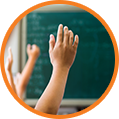
Wide-ranging topics
Whether it’s science, history, literature, career readiness, or current events, Infobase covers it. With resources for K–12, colleges, public libraries and employers, we meet user needs at every stage.

Committed to your success
We don’t just provide resources—we partner with you to ensure success every step of the way. Our dedicated customer success team is here to support you whenever you need assistance. We are committed to meeting your needs by investing in the content, tools, and personalized support our customers require.
You're in good company
